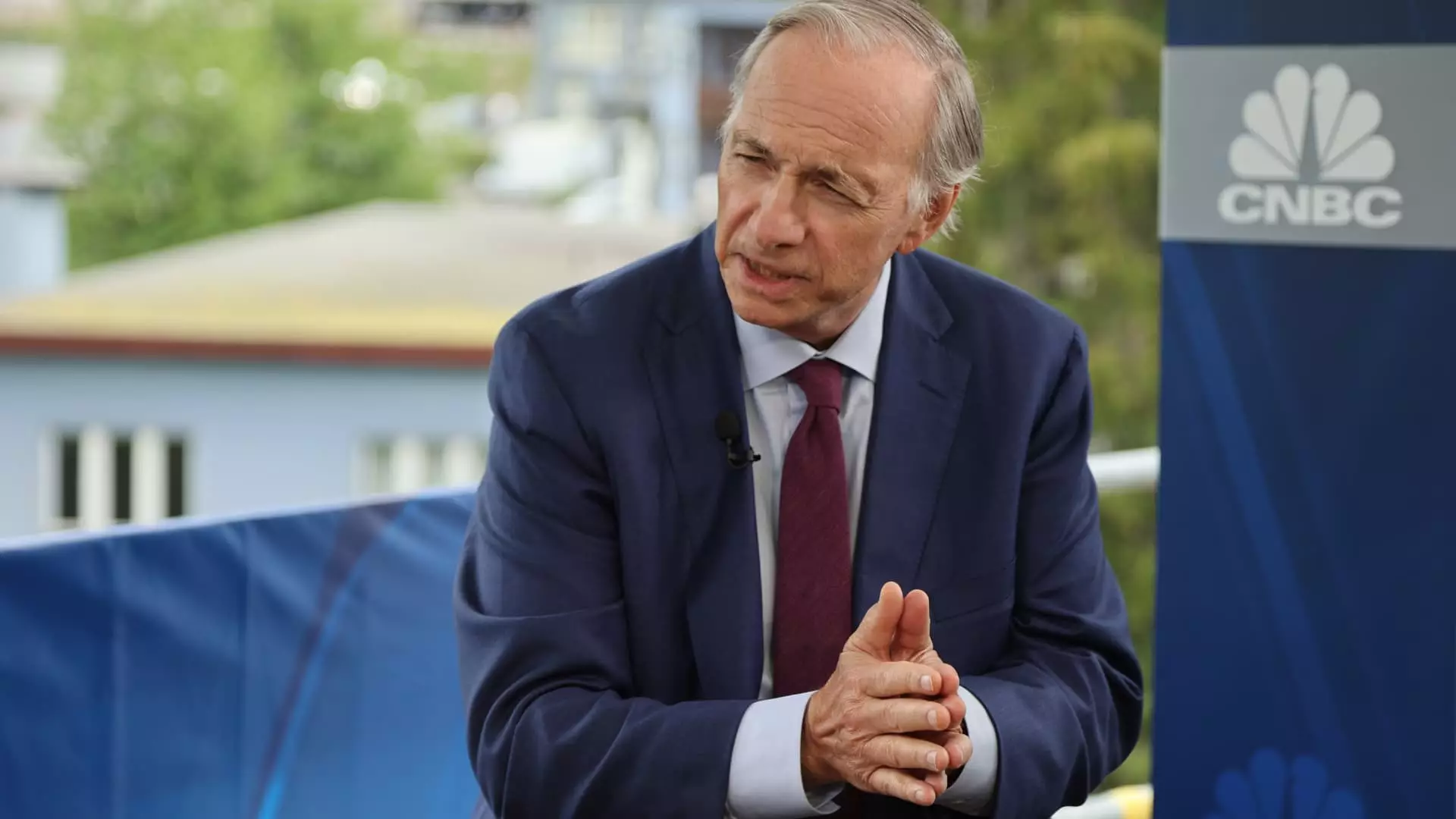Ray Dalio, the esteemed founder of Bridgewater Associates, has voiced significant concerns regarding the forthcoming 2024 U.S. elections. He posits that this electoral period may represent an unprecedented moment in American history, where the stakes are at an all-time high. This assertion raises questions about the very essence of American democracy and its ability to foster a cohesive society amid increasing polarization. Dalio emphasizes that there are profound and irreconcilable differences between the two major political parties, which threaten the foundational democratic precepts of orderly governance.
Dalio’s declaration extends beyond mere political allegiance; it probes the critical need for a “strong leader of the middle.” This concept suggests that the U.S. requires leadership that transcends partisan divisions, encouraging collaboration and compromise rather than entrenched conflict. The discernible fraying of democratic norms is alarming, as evidenced by the possibility of contested election outcomes and the specter of an acceptance crisis regarding electoral results. Such scenarios throw into question the nation’s commitment to democratic principles.
At the crux of Dalio’s analysis lies the “win-at-all-cost mentality,” a pervasive ethos that hinders productive discourse and collaboration. This mindset renders it increasingly difficult for political entities to engage in healthy negotiation—essential for any functioning democracy. The climate of division has seeped into vital national debates, encompassing complex topics from reproductive rights to climate policy, accentuating how polarized perspectives can stymie progress. Interestingly, while Democrats and Republicans may dispute various issues, a unifying concern across party lines remains: economic hardship characterized by inflation and escalating living costs.
These economic issues call for thoughtful leadership capable of synthesizing varied perspectives, which is crucial for addressing the immediate needs of the populace. Dalio critiques both major parties, advocating for a moderate approach that seeks to bridge the chasm between ideologies. He argues that the ultimate goal should not be partisan victories but rather the establishment of a governance model that prioritizes broad-based prosperity. This idea echoes a growing sentiment that sustainable solutions require collective effort rather than a singular, polarized focus.
In envisioning a future for America, Dalio emphasizes the importance of societal opportunity and order, highlighting Singapore as a prime example of effective governance that promotes equitable access to education and housing. The success of Singapore is not merely a product of favorable policies but also an illustration of how collective effort can yield prosperity for the wider community. Dalio argues that such frameworks should inspire U.S. policymakers to consider the broader implications of their legislative actions on all citizens.
While he remains optimistic about certain facets of American culture—particularly in innovation and education—Dalio candidly notes that these strengths frequently benefit a limited segment of the population. Therefore, the imperative for leaders in America is not just to inspire but to implement comprehensive reforms that engender true equality of opportunity.
The 2024 elections represent not just a pivotal moment for America but a defining one for its democratic principles. Dalio’s insights underscore a necessity for leadership that embodies moderation and seeks systemic reform. As the nation grapples with deep-seated challenges, the call for capable leaders willing to transcend prevailing dichotomies becomes more pronounced. For American democracy to thrive, the focus must shift towards fostering a collaborative environment for shared prosperity, a goal that will require dedication and vision amidst growing polarization.

